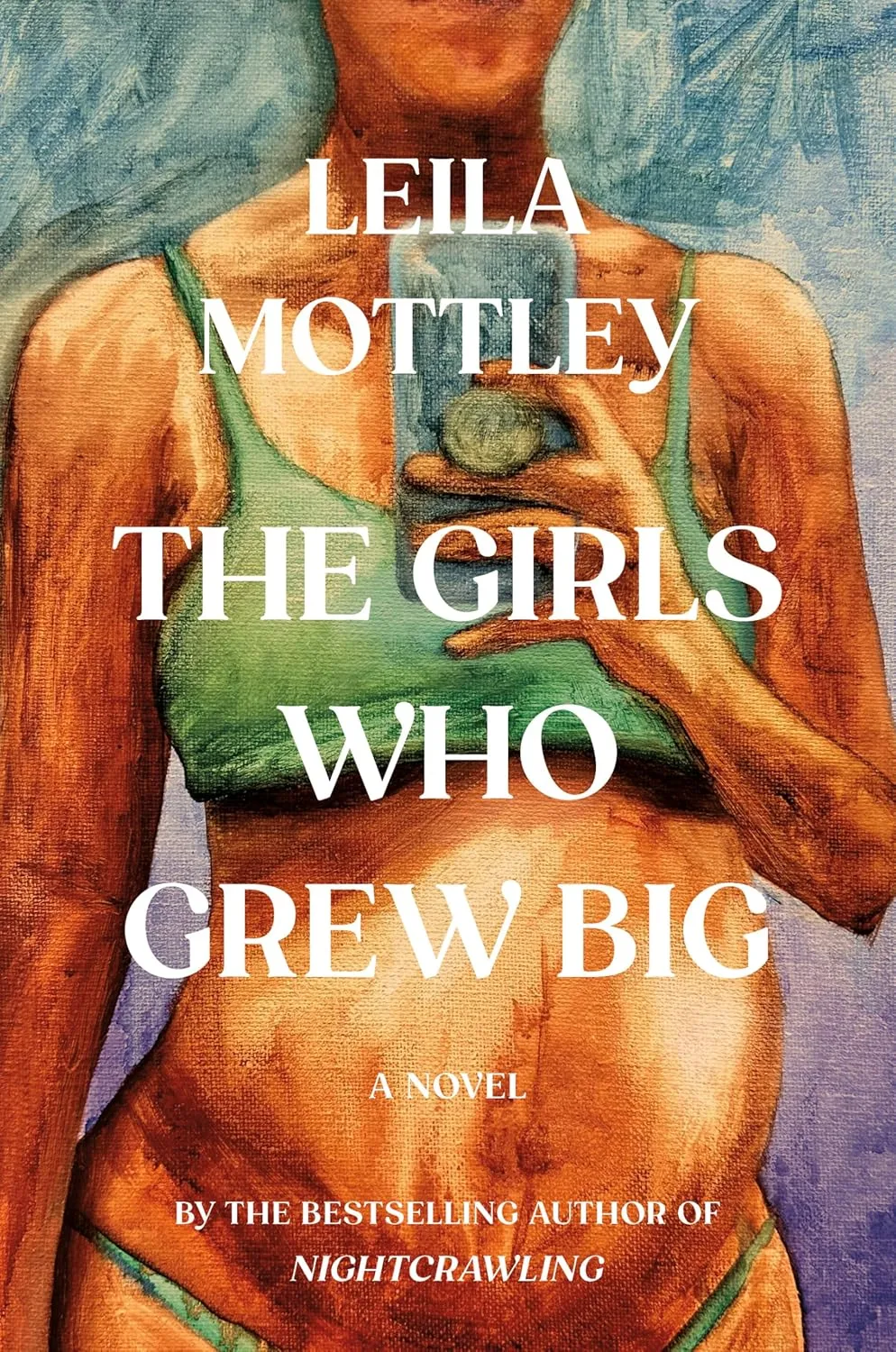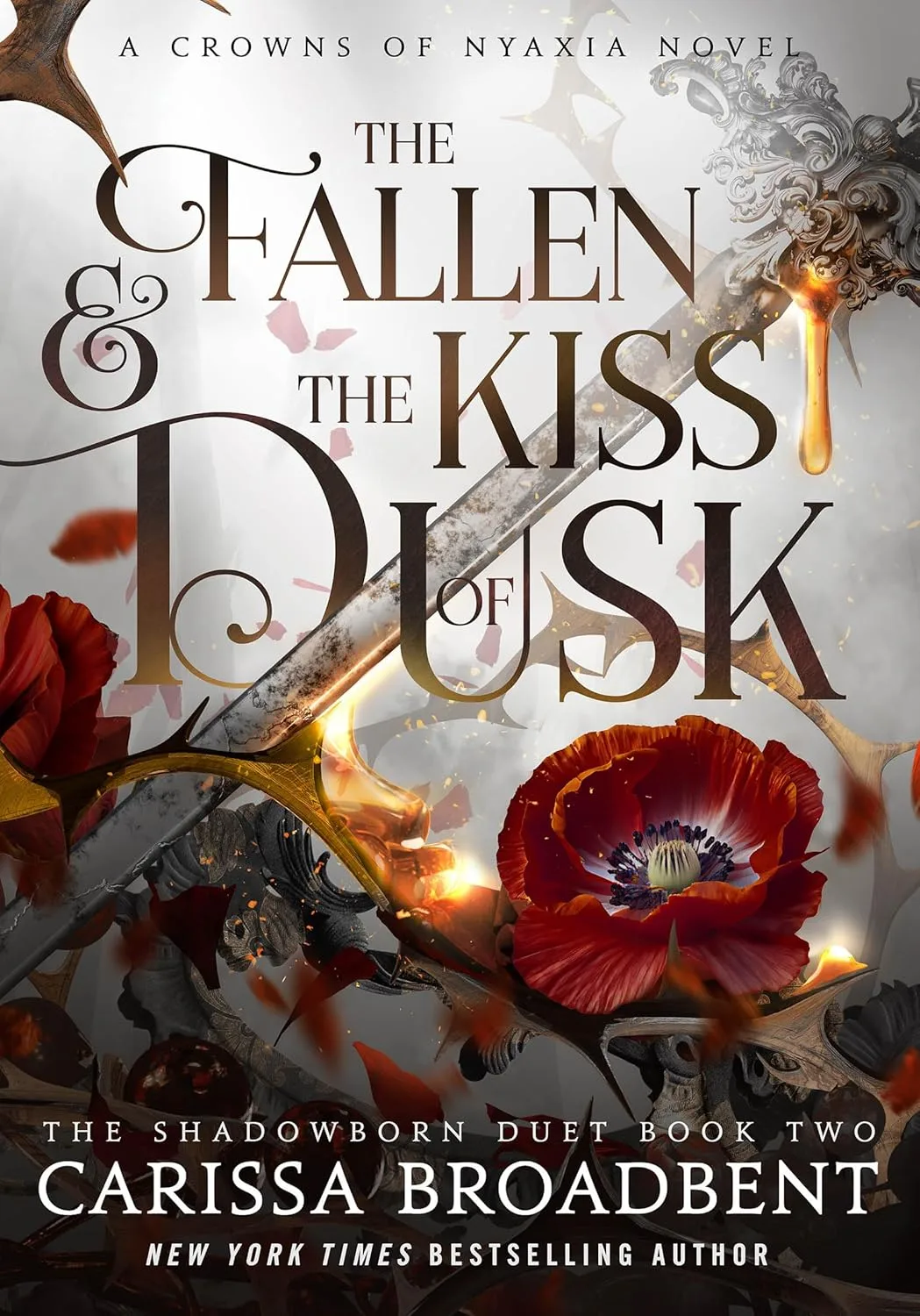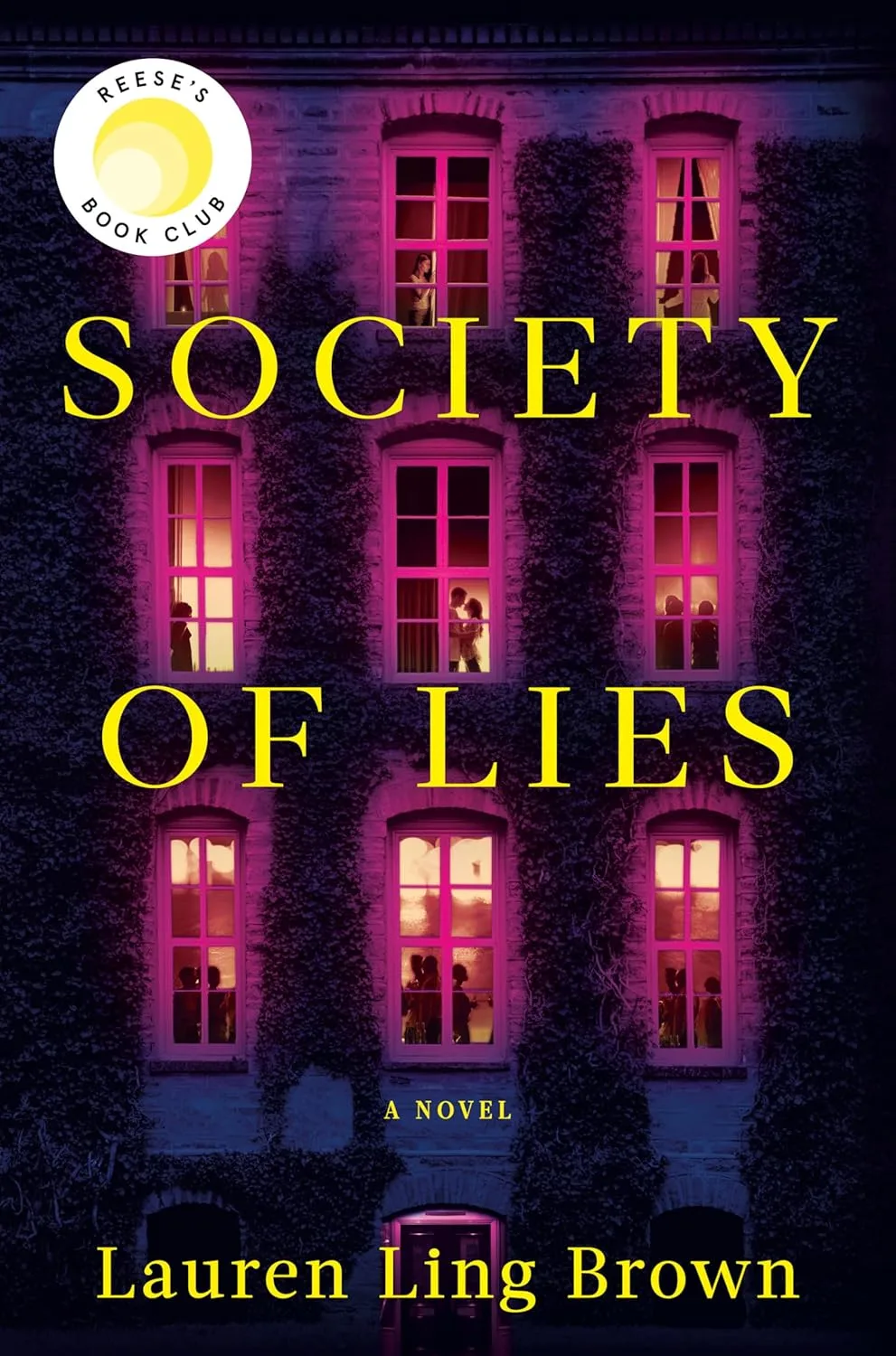Overview
From the author of Oprah’s Book Club pick and New York Times bestseller Nightcrawling, comes a powerful and raw novel about teenage motherhood set in the small coastal town of Padua Beach, Florida. Adela Woods is sixteen years old and pregnant. Her parents banish her from her comfortable upbringing in Indiana to her grandmother’s home in the small town of Padua Beach, Florida. There, she becomes part of a fierce group known as “the Girls” – young women united by their pregnancies and their determination to navigate motherhood on their own terms, despite a world that seeks to diminish them.
Key Takeaways
| Element | Details |
|---|---|
| Setting | Padua Beach, Florida (small coastal town) |
| Genre | Contemporary literary fiction, coming-of-age |
| Protagonists | Three teen mothers: Adela, Emory, and Simone |
| Central Theme | Teenage motherhood, resilience, and female solidarity |
| Narrative Style | Multiple perspectives with three alternating narrators |
| Tone | Raw, authentic, spiritually accurate portrayal of young motherhood |
Book Structure
The Girls Who Grew Big is structured around three alternating narrators, each representing a different experience of teenage motherhood. The story alternates among three narrators, starting with leader Simone, who in a vivid opening scene describes chewing off her umbilical cord in the bed of a pickup truck for lack of a knife. This powerful opening immediately establishes the raw, uncompromising tone that characterizes the entire novel.
The narrative follows these young women as they navigate:
- The challenges of being pregnant teenagers in a small town
- The complexities of family relationships and abandonment
- The formation of their own chosen family through “the Girls”
- The intersection of motherhood with education, relationships, and personal growth
About the Author
Leila Mottley is a critically acclaimed author whose debut novel Nightcrawling was selected for Oprah’s Book Club and became a New York Times bestseller. She sees the novel as an extension of her work as a doula. This personal connection to birth work and supporting women through pregnancy and childbirth brings authenticity and depth to her portrayal of teenage mothers.
Mottley’s work is characterized by her unflinching examination of young women’s experiences, particularly those from marginalized communities. Her writing has been praised for its raw honesty and spiritual accuracy in depicting the realities of young motherhood.
Why This Book Resonates
The novel resonates because it challenges societal narratives about teenage pregnancy and motherhood. Rather than portraying these young women as victims or cautionary tales, Mottley presents them as complex, strong individuals making their own choices. The Girls, a clique of young women in the coastal town of Padua Beach, Florida, united by their teen pregnancies and active contempt for the families, schools, and other social structures that seek to diminish them.
The book’s power lies in its refusal to sentimentalize or judge its characters. Instead, it offers a nuanced exploration of how young women create their own support systems when traditional structures fail them. The authentic portrayal of pregnancy, childbirth, and early motherhood provides representation that is often missing from literature.
Ideal Audience
Perfect for readers who enjoy:
- Contemporary literary fiction with social consciousness
- Stories centered on female friendships and solidarity
- Coming-of-age narratives with authentic teenage voices
- Books exploring motherhood from unconventional perspectives
- Character-driven narratives about resilience and survival
Appeals to fans of:
- Authors like Jess Walter, Jennifer Egan, and Tayari Jones
- Novels that tackle social issues through personal stories
- Books about found family and chosen community
- Literary fiction that centers marginalized voices
- Stories about women supporting women
Particularly resonant for:
- Young mothers and parents
- Anyone interested in reproductive justice themes
- Readers who appreciate authentic portrayals of teenage experience
- Those drawn to stories about overcoming societal judgment
Memorable Quote
“Raw, wild, and achingly beautiful, The Girls Who Grew Big is one of the most spiritually accurate and electric portrayals of motherhood I’ve ever read.” – Rufi Thorpe, author of Margo’s Got Money Troubles
This endorsement captures the essence of Mottley’s achievement – creating a portrayal of motherhood that is both unflinchingly honest and deeply moving, without falling into clichés or judgment.
Central Themes
| Theme | Description |
|---|---|
| Teenage Motherhood | Authentic portrayal of pregnancy and early parenting as a teenager |
| Female Solidarity | The power of women supporting women in challenging circumstances |
| Family & Abandonment | How traditional family structures fail and chosen families form |
| Resilience & Survival | Young women’s capacity to thrive despite societal obstacles |
| Social Judgment | The impact of stigma and how to resist it |
| Identity Formation | Growing into adulthood while simultaneously becoming a mother |
| Community & Belonging | Finding one’s place in the world through connection with others |
Character Profiles
Adela Woods: The sixteen-year-old protagonist banished from Indiana to Florida. Her journey from displacement to belonging forms a central arc of the novel.
Simone: The leader of the group, introduced in a powerful opening scene that establishes her fierce independence and survival instincts.
Emory: Who brings her newborn to high school, determined to graduate despite the odds. Her character represents the determination to pursue education and personal goals while parenting.
The novel also features Simone, mother of four-year-old twins, who weighs an abortion showing the complexity of reproductive choices and the ongoing challenges of young motherhood.
Critical Reception
The Girls Who Grew Big by Leila Mottley has an overall rating of Positive based on 7 book reviews. The novel has been praised for its authentic voice and unflinching portrayal of teenage motherhood.
“A poignant and deeply engaging exploration of teenage motherhood. . . . Through evocative storytelling and a vivid sense of place, this book paints an unforgettable portrait of resilience, self-discovery, and the power of forging one’s path against the odds. . . . Authentic and emotionally compelling.” —Jessica Calaway, Library Journal (starred review)
Literary Significance
The novel builds on Mottley’s reputation established with Nightcrawling, demonstrating her continued commitment to centering young women’s experiences in literature. The book’s approach to teenage motherhood is particularly significant in a literary landscape that often either romanticizes or condemns young pregnancy.
FAQ
Q: Is this book connected to Nightcrawling? A: No, this is a standalone novel, though it continues Mottley’s focus on young women’s experiences and social issues.
Q: How graphic is the content regarding pregnancy and childbirth? A: The book includes frank, realistic portrayals of pregnancy, childbirth, and early motherhood without being gratuitously graphic. Mottley’s background as a doula informs these authentic depictions.
Q: Is this appropriate for young adult readers? A: While the protagonists are teenagers, the mature themes and frank content make this more suitable for adult readers, though older teens might find it meaningful.
Q: Does the book offer hope despite its difficult subject matter? A: Yes, while unflinching in its realism, the novel ultimately celebrates the resilience and strength of its characters and their chosen family bonds.
Final Thoughts
The Girls Who Grew Big establishes Leila Mottley as a vital voice in contemporary American literature. The novel succeeds in humanizing experiences that are often reduced to statistics or moral judgments, instead presenting a complex, compassionate portrait of young women navigating extraordinary circumstances.
Full of heart and life and hope, set against the shifting sands of these friends’ secrets and betrayals, The Girls Who Grew Big confirms Leila Mottley’s promise and offers an explosive new perspective on what it means to be a young woman.
The book’s strength lies not in providing easy answers but in illuminating the complexity of its characters’ lives. Mottley avoids both condescension and idealization, instead offering readers the opportunity to understand and empathize with experiences that might be foreign to them.
For readers seeking literature that tackles difficult social issues without sacrificing narrative sophistication or character depth, The Girls Who Grew Big delivers on all fronts. It’s a testament to the power of storytelling to build empathy and understanding across different life experiences.
The novel also serves as an important contribution to conversations about reproductive justice, women’s autonomy, and the need for better support systems for young parents. By centering the voices and experiences of teenage mothers, Mottley challenges readers to reconsider their assumptions and prejudices.







